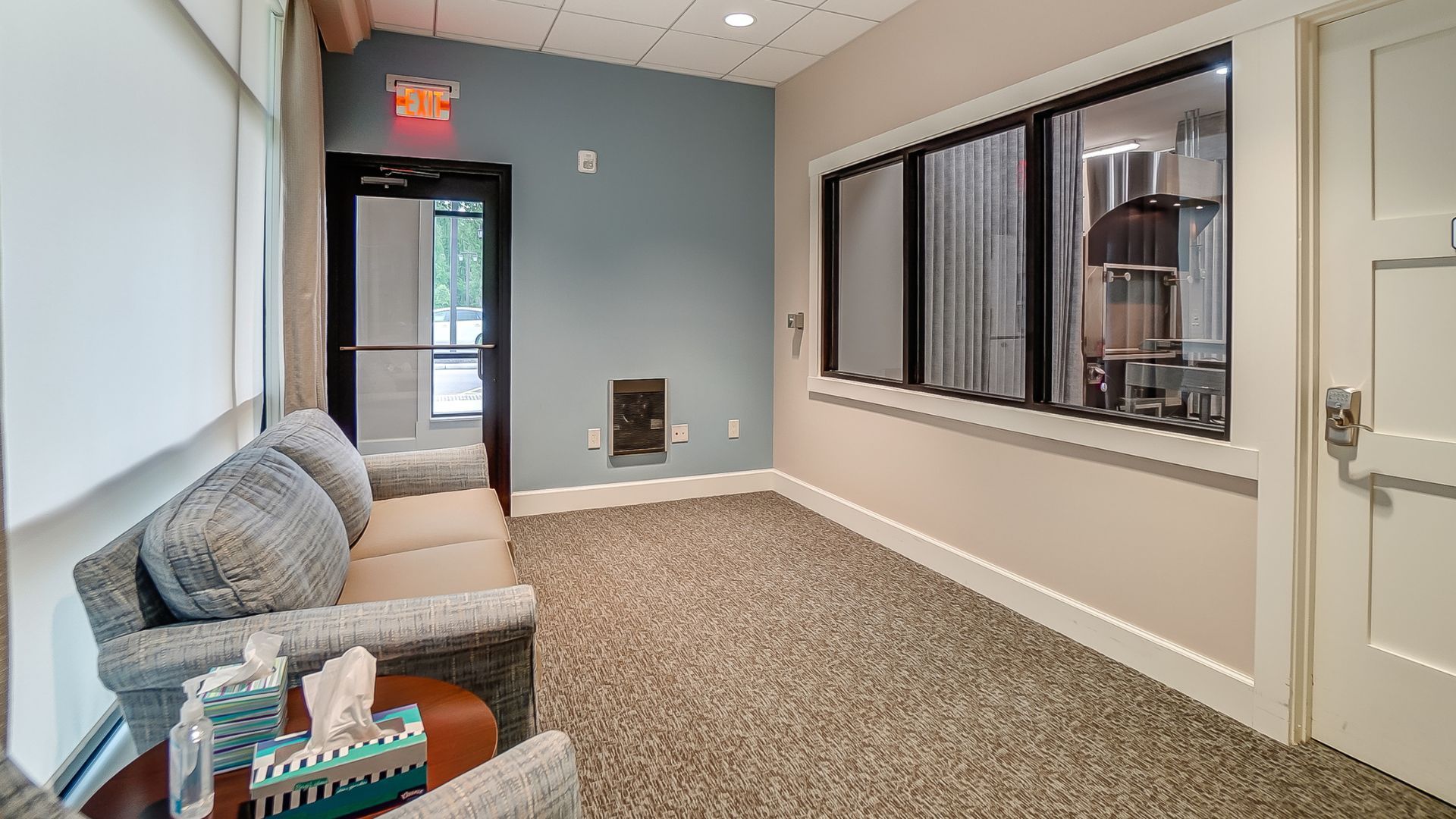Amata Cremation and Pre-Planning Online
Proudly serving families in the Cincinnati Tri-State area and Surrounding Counties.
During the COVID-19 pandemic, America learned that deathcare workers were incredibly crucial. As the body count grotesquely grew in the early months of the pandemic, the critical role played by these Last Responders became a real thing.
Daily interest stories about deathcare popped up due to the appalling number of deaths and the controversy surrounding the limitations on gatherings for funerals. Nestled in those stories were frequent reports about how the cremation curve was bending decisively upward and how many of those cremation consumers were choosing online cremation, or direct cremation, as it’s also called.
To be clear, the U.S. cremation rate has consistently climbed for decades, but the effects of the pandemic emphasized cremation’s one crucial feature: its easy, streamlined process. Online cremation is a contemporary approach to end-of-life services that combines modern technology, simplicity, and affordability. It has gained popularity due to its convenience and cost-effectiveness, and Amata Cremation provides one of the most streamlined options.
Convenient, Cost-Effective, and Simple
Amata cremation arrangements are convenient for at-need or pre-planned services. The process typically begins with the individual or their family contacting Amata via its website. Straightforward packages include essential elements such as transportation of the deceased, necessary paperwork, and the cremation process itself. The convenience lies in making these arrangements from the comfort of one's home, eliminating the need for in-person visits to a funeral home.
While convenience is crucial, another key advantage of Amata Cremation is its cost-effectiveness. Amata’s online cremation service is $795.00, significantly reducing expenses by removing traditional funeral services, such as embalming, viewing ceremonies, and elaborate caskets. This makes cremation appealing to those seeking a more budget-friendly alternative to traditional burials. The online nature of these arrangements also helps minimize administrative costs, contributing to the overall affordability of the service.
Moreover, the absence of a traditional funeral ceremony simplifies the process, allowing for a quicker and more straightforward arrangement. This can be especially beneficial for individuals or families who prefer a minimalistic approach or may be dealing with time constraints.
To provide information on online cremation, Amata recommends the following step-by-step process or some other systematic approach to help navigate the process:
Research and Choose a Provider:
- Make sure the online providers are reputable. Look for those that offer online pre-planning options and have positive reviews.
- Look for transparent information such as pricing, available packages, and any additional services offered.
Review Package Options:
- Explore the package options offered by the provider. Packages may vary regarding included services, so choose one that aligns with your preferences.
Gather Personal Information:
- Collect necessary personal information, including full legal name, date of birth, Social Security number, and any specific instructions for the cremation process.
Consider Additional Preferences:
- Determine additional preferences you may have, including the type of urn, memorial service options, or special requests.
- Communicate these preferences clearly to the service provider.
Complete Online Forms:
- Use the online pre-planning forms provided by the cremation service. This typically involves filling out personal information, selecting a package, and specifying additional preferences. If you have questions, you should consult with the service by calling them.
- Ensure all details are accurate and complete.
Authorization and Legal Documents:
- Complete required authorization forms and legal documents. This may include designating an individual to decide on your behalf or providing consent for the cremation process.
- Once all forms are submitted, contact the chosen service provider to confirm that your pre-planning arrangements are on file and to address any questions or concerns.
Payment Arrangements:
- Review the payment options offered by the service provider. Some service providers may require upfront payment, while others may offer installment plans.
- Confirm all costs associated with the chosen package and any additional services.
Inform Key Individuals:
- Critical Step - Share your pre-planning decisions with key individuals such as family members or close friends. Ensure they know your wishes and where to find the necessary documentation when the time comes.
Secure Pre-Planning Documents:
- Keep a copy of all pre-planning documents in a secure and easily accessible location. Inform a trusted individual about the location of these documents.
- Provide a copy to your designated decision-maker or executor of your estate.
Regularly Review and Update:
- Periodically review and update your pre-planning arrangements. Preferences can change over time, including contact information or designated decision-makers.
The above guide may not be all-inclusive. You may consider other steps to take. But by following the process, you can efficiently pre-plan direct cremation arrangements that can be trusted, ensuring that your final wishes are documented, and the process is streamlined for your loved ones when the time comes
Articles and Insights









